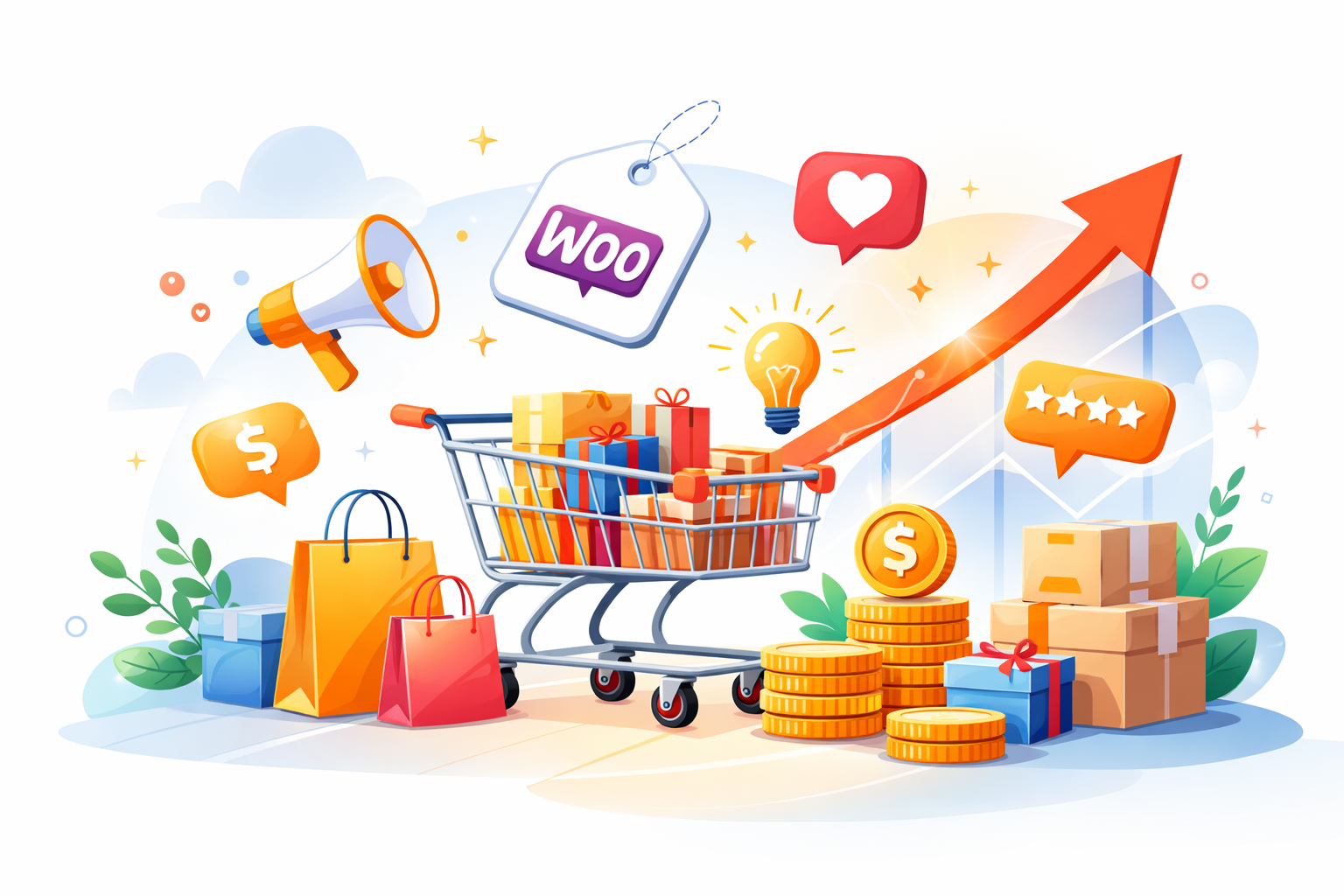This website uses cookies so that we can provide you with the best user experience possible. Cookie information is stored in your browser and performs functions such as recognising you when you return to our website and helping our team to understand which sections of the website you find most interesting and useful.
Exploring the world of WordPress hooks can be quite an adventure! Today, we’re diving into the got_url_rewrite filter. This filter is all about checking whether URL rewriting is available, which is pretty crucial for SEO and site performance. Let’s see how you can work with it in WordPress.
To get started with the got_url_rewrite filter, you’ll need to register it using add_filter. You can add this code to the functions.php file of your active theme or, better yet, in a custom WordPress plugin. At WePlugins, we always recommend creating a custom plugin to ensure nothing breaks during theme updates.
In the example below, we define a function modify_got_url_rewrite_defaults which takes one parameter. We register this using add_filter. The first parameter is the hook name, the second is the function to be called, the third is the priority of the hook, and the last is the number of arguments to pass.
Example 1: Applying the Filter
Here’s how you can use this hook:
function weplugins_modify_got_url_rewrite_defaults($got_url_rewrite) {
// Update the $got_url_rewrite variable according to your website requirements and return this variable.
return $got_url_rewrite;
}
// Add the filter
add_filter( "got_url_rewrite", "weplugins_modify_got_url_rewrite_defaults", 10, 1 );
Example 2: Removing the Filter
If you need to remove the hook callback, use the example below:
remove_filter( "got_url_rewrite", "weplugins_modify_got_url_rewrite_defaults", 10, 1 );
Ensure you provide the same callback function name, priority, and number of arguments while removing the hook callback.
Example 3: Using the Filter Conditionally
You can modify the $got_url_rewrite variable conditionally based on your site’s requirements:
function weplugins_conditional_got_url_rewrite($got_url_rewrite) {
if ( some_condition() ) {
$got_url_rewrite = false;
}
return $got_url_rewrite;
}
add_filter( "got_url_rewrite", "weplugins_conditional_got_url_rewrite", 10, 1 );
Still need some help or customization? Contact Us for expert WordPress assistance. Visit us at WePlugins Contact Page.
Explore the latest in WordPress
Trying to stay on top of it all? Get the best tools, resources and inspiration sent to your inbox every Wednesday.




